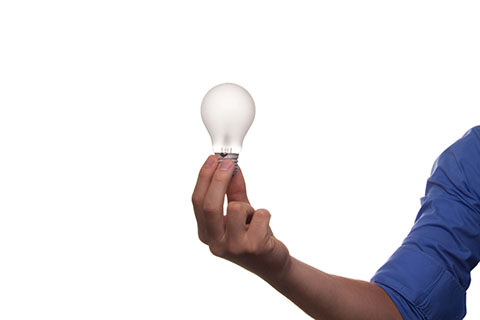Indonesia Removes Luxury Tax for Most Goods

Indonesia is exempting most goods from a luxury tax in a bid to boost household consumption and revive faltering economic growth, the finance minister said on Thursday.
Growth in Southeast Asia's largest economy has slipped to its most sluggish pace since 2009, and in the first quarter consumption languished at 5 percent, the slowest for nearly four years, as disposable incomes were squeezed.
There is an abundance of evidence that consumption, which accounts for about 55 percent of gross domestic product (GDP), remains weak and retailers are expecting a slow Ramadan this year.
Finance Minister Bambang Brodjonegoro said removing the luxury goods tax would give a fillip to Indonesia's domestic consumption just days before the start of the Muslim fasting month, one of the busiest periods for shoppers.
"We want to push up people's purchasing power and spur industrial growth. We also want to reduce people's tendency to buy goods abroad," Brodjonegoro told a press briefing, adding that the new measure will be effective around next week.
Buyers of electrical appliances, sports equipments, musical instruments, and branded goods will no longer be required to pay luxury tax, but will still have to pay value-added tax.
Previously, the government imposed a luxury tax of up to 75 percent. It still applies luxury tax to expensive cars, yachts, aircrafts, guns, alcoholic beverages and larger properties, Brodjonegoro said.
The changes will not derail the government's drive to increase tax collection by 30 percent this year, the head of tax office Sigit Priadi Pramudito said, but he added that the changes could potentially cost up to one trillion rupiah in state revenue.
Under the new rules, people importing goods will also be required to pay 10 percent of price as income tax, compared with 7.5 percent previously.


